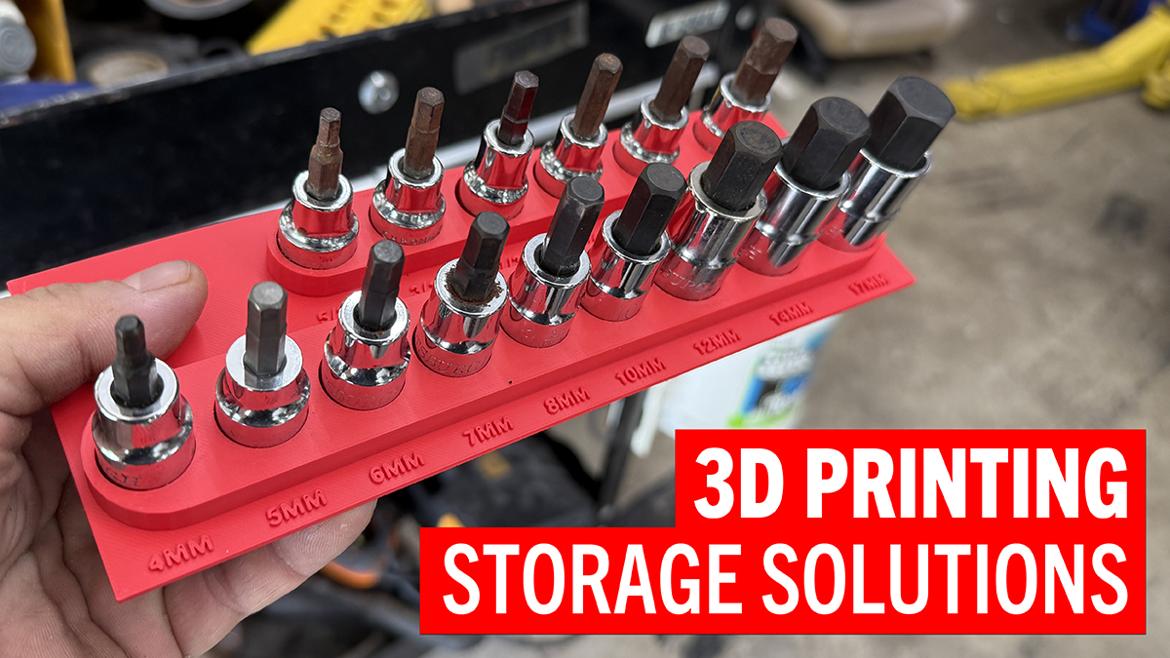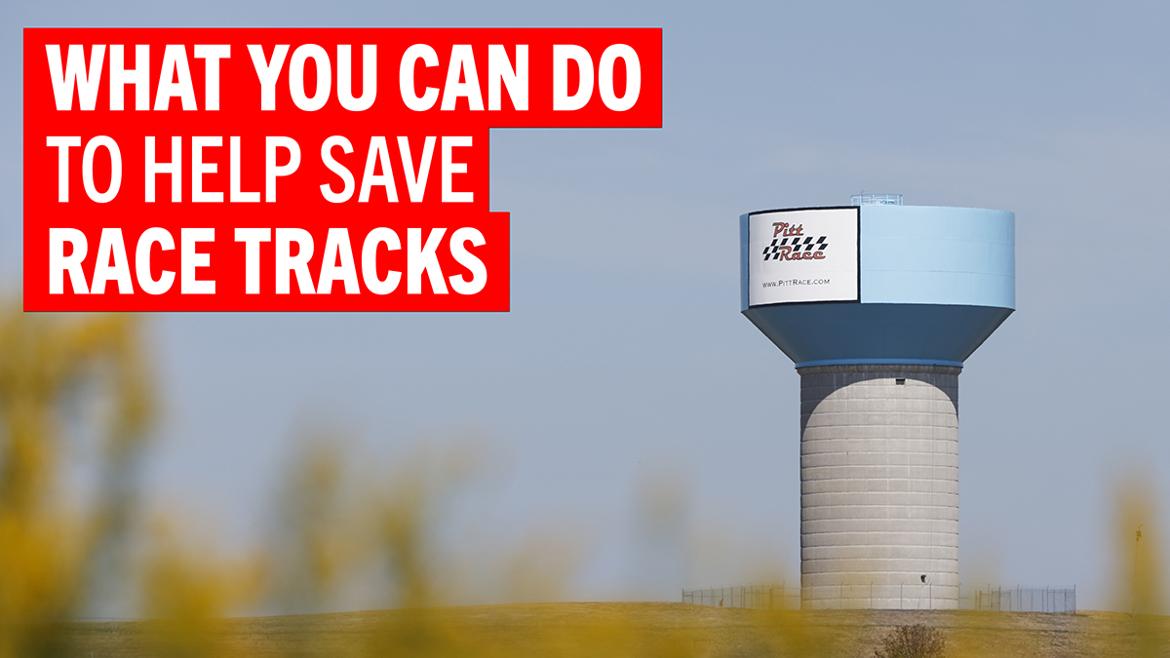Daniel Dennehy’s biggest regret? Not seeing the handwriting on the wall–or, more specifically, a new piece of legislation by the council of Big Beaver Borough. It’s where Pitt Race is located. Dennehy is one of several individuals behind the Save Pitt Race effort.
“September 16 of this year they passed a redefinition of Ordinance 245, which includes language for [the zoning of] a data center,” Dennehy says. “The timing is very coincidental, because only two weeks later we hear about the track being sold.
“Any time a new ordinance is passed,” he continues, “there’s 30 days to appeal. Had we known any better, we would have been able to file an appeal to understand why the data center language was added, and that would have triggered essentially a moratorium.”
Note that Pitt Race becoming an AI data center is still not confirmed, nor will we likely see any confirmation until the sale is completed. That’s because most developers require not only the seller to sign a nondisclosure agreement, aka an NDA, but the local municipalities, too.
“Whenever someone files an application [to a local government] to develop a piece of land, they are absolutely entitled to put that council under an NDA,” Dennehy explains. “That proprietary information needs to be kept secret … because you don’t want your competitor to know what you’re up to.”
Government transparency? Hardly. Legal? Totally.
NBC reported on the practice by AI data center companies recently in the October 28 article “How NDAs keep AI data center details hidden from Americans.”
NBC explicitly detailed why so many people are so compliant: Follow the money. Huge sums of it.
For a Mason County, Kentucky, farm, for example, it was $60,000 an acre. That may not seem like a lot for some of areas of the country, but for a poor eastern Kentucky county with nearly one in five below the poverty line, that’s big money.
The AI companies aren’t afraid to spend it in more well-to-do areas, either. That means every track, with large swaths of land, could fall victim to the growing demand to build more AI data centers.
“Pitt Race is one of the healthiest tracks,” Dennehy says. “It’s held by wealthy individuals with no financial issues that we’re aware of. If a data company can convince them to sell, what prevents other tracks from doing the same? If we don’t start figuring out a playbook to combat this, Pitt Race is the first of many dominos to fall in the next few years.”
What does that playbook entail? It boils down to becoming a good citizen, both as an American and as a racing enthusiast.
First, Dennehy reminds racers that they represent the racing community when they drive their cool cars and wear racing T-shirts. Are you being a village idiot or a good neighbor? Hopefully it’s the latter.
[Don’t be that guy! A word of caution to the village idiot.]
Local governments listen to two things: money and voters. If you frequent the hotels, restaurants and other businesses near a race track, good job. If you leave a favorable impression on the locals who vote those politicians into office, even better.
Second, get involved with local politics. Sorry to break it to you, but national officials rarely get involved in local zoning. Pay attention to your local media sources.
Even better, go to a local council meeting. It can be eye-opening, and I say that from personal experience.
And better yet, if you have the time, run for office. Doug Weaver, who’s also involved in Save Pitt Race, is on the ballot for Big Beaver Borough Council.
Third, vote. Exercise that right, and not only once every four years for the president. And don’t buy the sound bites, either. Do your research. Ask those campaigns the difficult questions. Find out who you want to represent you and your interests in government.
Voting is a powerful tool, yet too few wield it. For example, less than 20% of eligible voters voted in the local elections where I live. Who knows how many were actually informed voters?
Once a race track is gone, it’s incredibly difficult–both because of the political red tape and the cost–to build another one. Let’s save the tracks we have. Fortunately, you can do something–if, and only if, you take action and use the rights you have.
Comments
I understand fighting the loss of a track due to new development, especially housing, endagnering operation through sound ordinances, etc etc. or through some governmental eminent domain - style land grab for developers.
I do not support, in any way, preventing an owner from selling a track. Ever.
It's wrong.
Warlock
New Reader
11/4/25 1:46 p.m.
Nothing in here denies the right of an owner to sell their property. But changes to local land use -- zoning -- regulations ought to take place in the public eye, not under cover of an NDA, whether it's for housing, industrial use, or even race tracks. And any time a municipality starts talking about zoning changes, it's wise to start asking why...which I think is the lesson here.
I live 45 miles of Pitt Race in Ohio. The first I heard of Pitt Race being sold. The area surrounding PR is rural township land, which is good for the racing community. No noise issues and the like. Most people in the area are not aware of PR, so are they going to fight to maintain the track?
I know that the pending sale did not make a blip on the NE Ohio news and most likely even the Pittsburgh news. The first I heard of the pending sale was on a GRM post on Instagram or Facebook just a few weeks ago.
Last weekend, Pitt Race held their last event ever called Last Laps. During the drivers meeting they let it be known that these were the last sanctioned events for PR. It's amazing that one of the Nation's premier facilities went from 140+ mph to zero in a matter of weeks, all under the cover of non disclosure agreements. So sad.
In reply to Warlock :
imho, this is really the crux of it. If you were to try the same tactics to build a race track the way data center people do, you would be excoriated. Data center ordinance applications are super covert because they know people will fight these sorts of ordinance changes (especially as more data comes out about actual environmental and economic impact - not the theoretical stuff that's often brought about as a way to facilitate buy-in).
If you want to build a data center, by all means. Plan just like you would any other piece of property. Using NDAs to surprise people is dishonest, and I would certainly support changes to laws to prevent these sorts of clandestine property developments.
Tom1200
UltimaDork
11/4/25 3:51 p.m.
So as someone who's been involved with negotiations as a large customer with a large data center I will chime in.
First there are actual legitimate reasons for the NDAs. Naturally these companies will attempt to overstate the security concerns. Some of these sites deal with the military so again the NDAs are appropriate but you still have to push back where needed.
There are ways to combat this; first and foremost we noted that as a public entity we are subject to Freedom of Information Act requests and as such have to provide some basic information IP notwithstanding.
We are a large organization and have the wherewithal to combat the draconian tatics. A small rural entity like doesn't.
Finally I will throw this out; if Pittrace were being sold to a hippie commune would you somehow magically feel better?
Yep, while the idea of NDA’s may be something new to the casual reader, NDA’s are nothing new in commercial real estate transactions.
In reply to randallprince :
For what it’s worth, about 15 years ago billionaire Bobby Epstein and his partners faced local opposition when the idea of Circuit of The Americas was announced.
Imagine the irony of residents unhappy with the race track fighting it in days gone by now fighting to keep it a race track and not a data center.. . .
The land is zoned R-2 which is Suburban Residential. I don't know when this had changed or if it was always R-2 and the track was a conditional use.
Big Beaver Boro was to hear a conditional use application from Beavrun Founders LLC at a council meeting Jan and Feb 2025 but I can't find the application. I'm betting although the above LLC is listed as being owned by the Stouts, I'm betting that the original 3 or 4 founders from 2000 still own some shares and are looking to recoop some of their $$.
Also , don't hammer the Stouts and others involved too much, there is always an outside chance another track will be built somewhere as I'm betting that the current location wasn't the only one considered in 2000.
In reply to Coniglio Rampante :
Indeed, the door of having an informed base of local residents swings both ways, but the locals should be informed. That way they can decide if the pros outweigh the cons of whatever large-scale project is being built near them and will impact their lives. That applies for a race track. That applies for a data center. That applies for whatever.
J.A. Ackley said:
In reply to Coniglio Rampante :
Indeed, the door of having an informed base of local residents swings both ways, but the locals should be informed. That way they can decide if the pros outweigh the cons of whatever large-scale project is being built near them and will impact their lives. That applies for a race track. That applies for a data center. That applies for whatever.
+1
Displaying 1-10 of 16 commentsView all comments on the GRM forums
You'll need to log in to post.


































